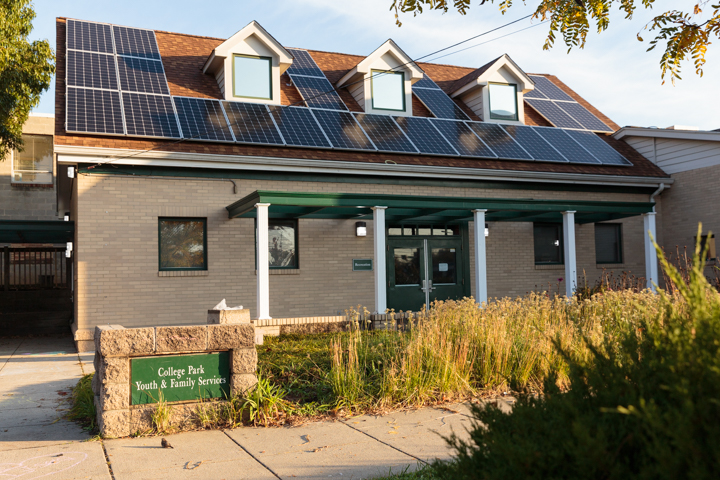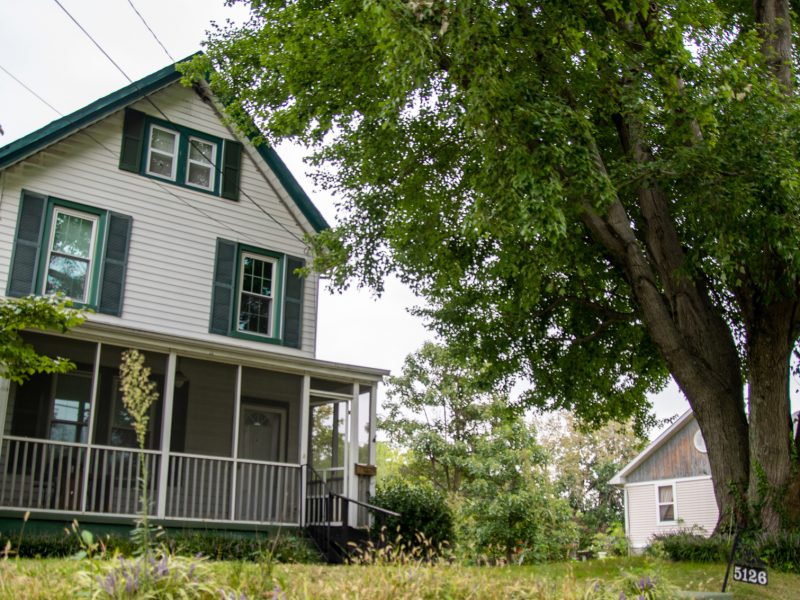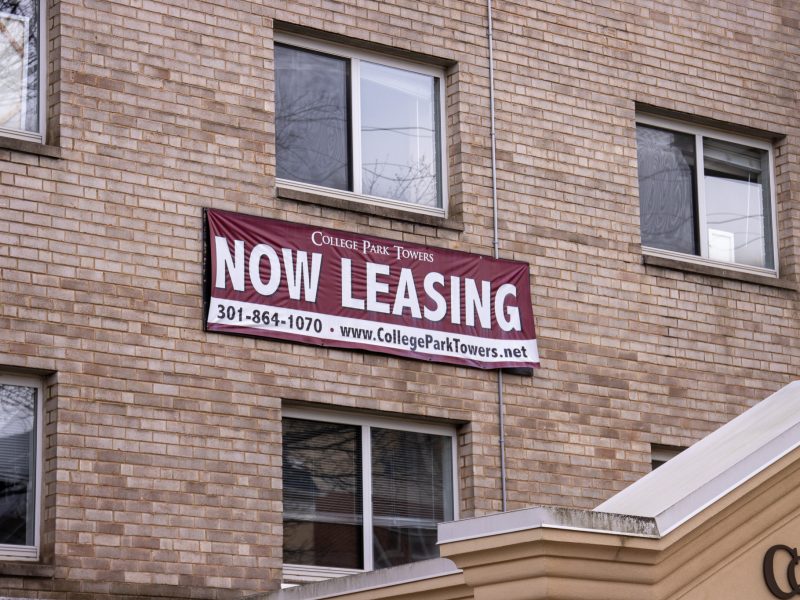Following decisions at the federal level to loosen regulations that protect the environment, some Prince George’s County cities have reaffirmed their commitment to support sustainability efforts and expand environmental initiatives.
In June, President Donald Trump announced the United States would withdraw from the Paris climate agreement, a deal among the international community to reduce greenhouse gas emissions in an effort to prevent the global temperature from rising more than two degrees Celsius above preindustrial levels.
Environmental Protection Agency Administrator Scott Pruitt announced last month a proposal to repeal the Clean Power Plan, an Obama-era policy designed to lower emissions by 32 percent below 2005 levels by 2030.
“The city was already on a pathway toward trying to reduce its emissions, preceding the president’s announcement to withdraw from the Paris climate agreement,” said Todd Larsen, co-chair of College Park’s Committee for a Better Environment.
The committee and city added solar panels to city-owned facilities, including the Youth and Family Services building; initiated a switch to LED lights in some homes and city facilities; and encouraged city use of hybrid vehicles before Trump’s announcement, Larsen said.
[Read more: A nonprofit ranked UMD the second-most sustainable Big Ten school]
Following the announcement, the committee has worked on developing initiatives to encourage citizens to engage in “environmentally responsible” activities, such as using rain barrels to reduce water runoff that travels to the Chesapeake Bay and hosting anti-litter campaigns with the College Park City Council, he added.
On the EPA’s list of Green Power Communities, College Park ranks 14th based on its green power usage, according to the EPA’s 2017 report.
“As a city, we are committed to pursuing 100 percent clean energy,” Larsen said.
Sustainable Maryland, a certification program and partnership between the Environmental Finance Center at the University of Maryland and the Maryland Municipal League, helps localities that “want to go green,” according to the program’s website.
College Park and Hyattsville are among the cities that work with Sustainable Maryland, which helps the cities solicit feedback from citizens on environmental priorities.
Brie Welzer, chair of the Hyattsville Environment Committee, said Hyattsville and the committee have worked together for several years to reduce energy emissions by performing energy audits and focusing on private residences in addition to government-owned property.
The committee “always attempts to find various unique ways to enhance environmental initiatives,” most recently supporting the transition from “gas-guzzling” police cars to electrically-powered cars, she said.
[Read more: This house is 100 percent solar powered. A UMD team wants to mass produce it.]
In addition to supporting the movement for hybrid vehicles, Welzer said the committee was the “brainchild” for a solar-powered trash can and a compactor that sends a signal to trash contractors when it is full. It reduces the number of rounds that trash trucks must make to maintain a clean community, Welzer said.
“It sends a signal and informs the municipality that the trash needs to be picked up, which overall significantly reduces the number of transportation cycles that trucks have to take in order to maintain a clean community,” Welzer said.
Cities across the country — such as Edmonston, Maryland; Burlington, Vermont; and Philadelphia — have also worked to create this technology, she added.
Bowie is continuing to develop a “blueprint” to grow as an environmentally sustainable community, said Joe Meinert, city liaison for the Environmental Advisory Committee and director of planning and economic development.
The committee incentivizes Bowie’s citizens to practice better environmental health by offering rebate programs, such as a $100 discount off the $400 cost to conduct an energy audit in a private residence, he said.
Meinert said the city is “unconcerned” with the federal trajectory and instead takes a “common-sense” and “business-like” approach toward sustainability.
“We’re not letting these other external things direct where we’re headed,” Meinert said. “We’re just doing it because it makes sense for our residents, businesses and government.”



